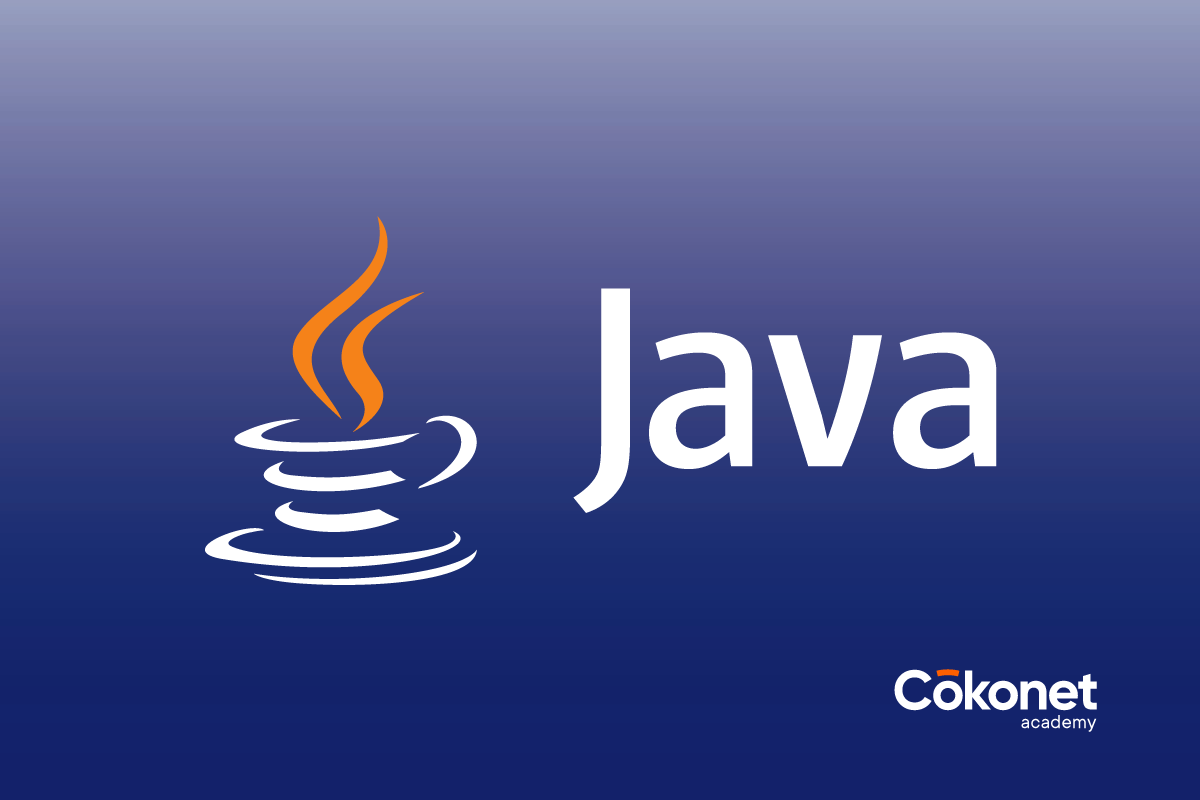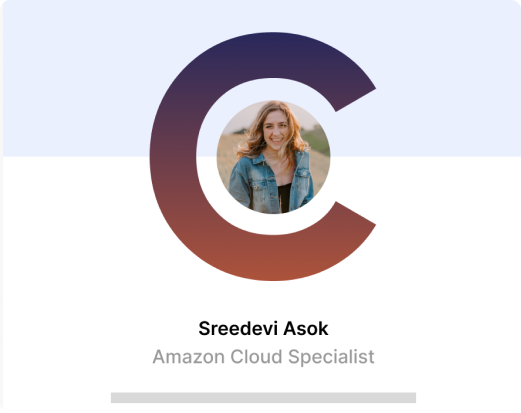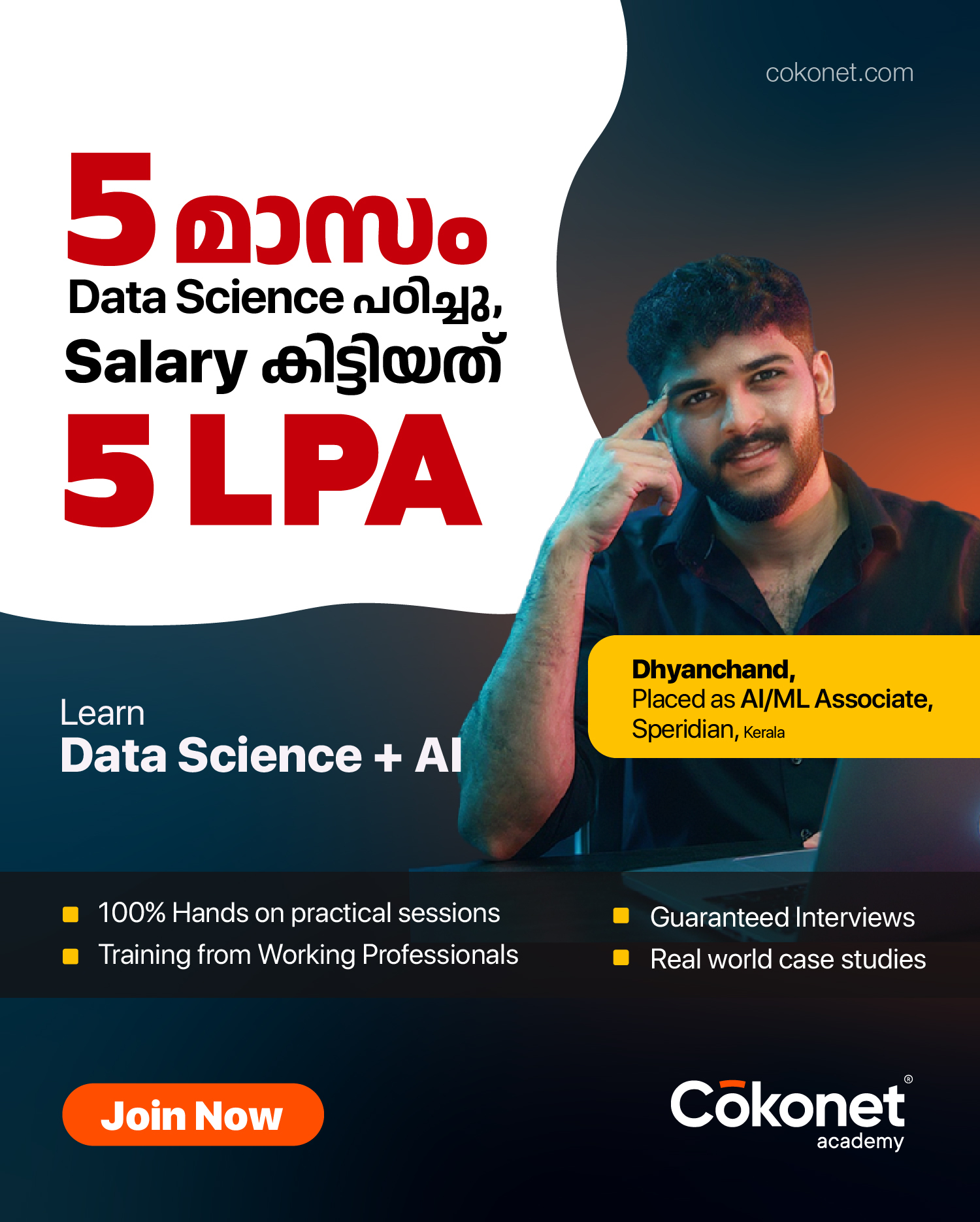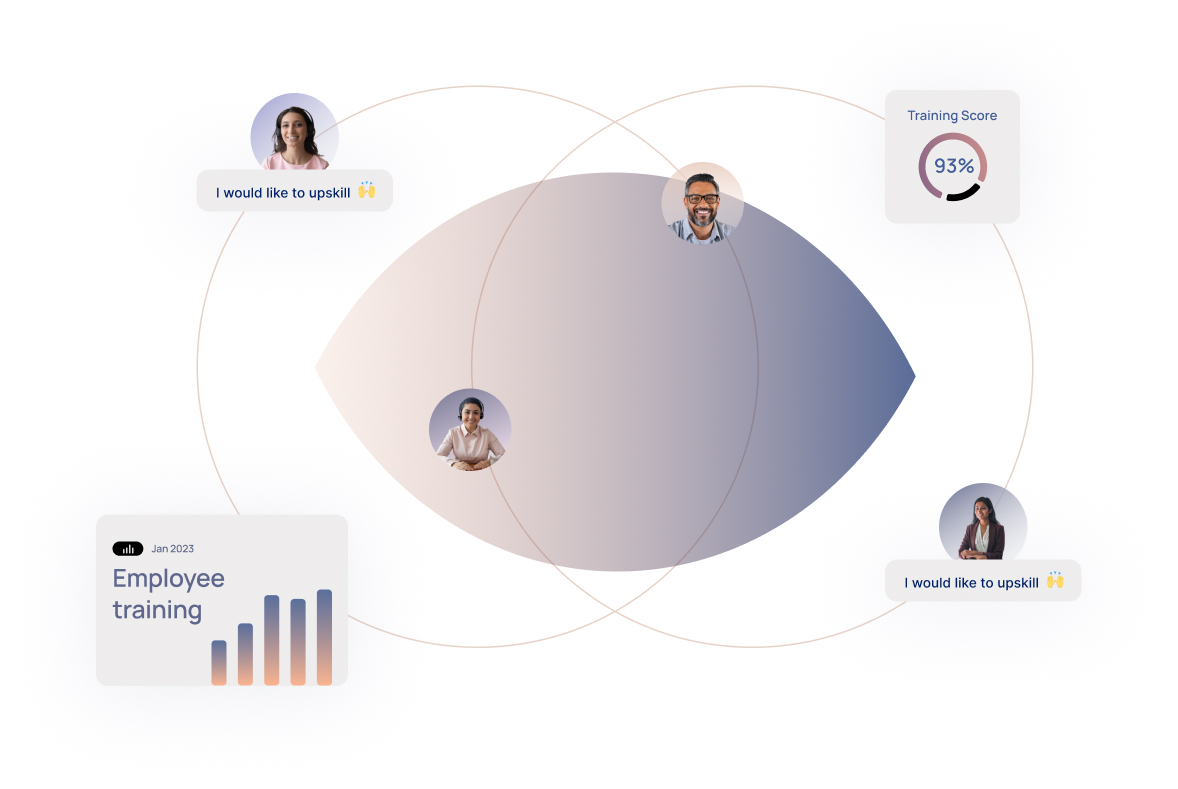Java Full Stack Development Course in Idukki
Master Java Full Stack Development with HTML, CSS, JavaScript, Java, Spring Boot, Hibernate, MySQL, and build dynamic web applications.


duration
16 null

NEXT BATCH
__

mode

payment options

Program Overview
Our Java Full Stack Development program equips learners with HTML, CSS, JavaScript, Java, Spring Boot, Hibernate, MySQL skills for dynamic web application development, ensuring career readiness.

Master both front-end and back-end development

Build scalable, feature-rich web applications

Increase employability with in-demand Java skills

Work on diverse projects with a comprehensive skill set
Eligiblility
Why should you learn?
Possible Job Roles
Salary Range
Course Modules
16 null COURSE
J2SE
+How to Install Java and about Environment Variables
JVM Architecture
Datatypes, Variables, Keywords and Identifiers
Operators and Expressions, Naming Conventions in Java
Control Flow Statements
Arrays
Command Line Arguments
Object and Class
Object Oriented Programming (OOP)
Inheritance
Interfaces
Abstract Classes, Inner Classes
Access Specifiers, Access Modifiers
Packages
Collection Frame Work
Exception Handling
Multi-Threading
Input/Output Streams
Networking
AWT, Applets and Swings
Introduction to JDBC
JDBC architecture
java.sql Package
Connection, Statement, ResultSet
Prepared Statement
Callable Statement
Scrollable and Updatable ResultSet
DBMS – DBMS Concepts and SQL
+Introduction to Databases
Database Models
Relational Mode
Data Design and Normalization
Structured Query Language and its categories
DDL – DML – DQL – DCL – TCL
SELECT statement varieties with clauses
WHERE clause
GROUP BY clause
HAVING clause
ORDER BY clause
Using Oracle built in Functions
Joining the tables – Join variants
Equi and Non-Equi Joins
Self-Join
Cartesian Product
Outer Join
Subqueries
Implementing Views
Implementing Data Integrity by using Constraints
Data Integrity Overview
Creating Constraints
implementing Constraints
Not Null
Unique Key
Primary key
Check Constraints
Default
Foreign Key
Implementing Stored Procedures and Functions
J2EE
+Understanding & using HTML5
Web Technologies - CSS 3
CSS3 Introduction and commonly used CSS 3 properties
Web Technologies – JavaScript
Introduction to JavaScript
JavaScript Events and Functions
JavaScript Events and Functions
Introduction to XML
Need of XML in application architectures
DTD (Document Type Definition)
XML Parsers – SAX (Simple API for XML)
DOM (Document Object Model) using IBM’s XML4J parser
XML Schemas
XML DB Utility
JSP 2.2
+Disadvantages of Servlets
Introduction to JSP
JSP Life Cycle
Creating dynamic Web content with JSP
Scripting elements
Scriplet
Declaration
Expression
XML syntax for JSP elements
JSP directives page, include and taglib
JSP implicit objects
JSP scopes
Include and forward mechanism
Using a Java bean in a jsp
JSP Model 1 architecture
JSP Model 2 (MVC) architecture
Custom Tag Development
Classic Tags, Simple Tags
Error Handling in a jsp
JSTL
Expression Language
Processing XML in a jsp
Servlets 3.0
+Need of Server side Programming
Introduction to Servlets
Servlet Life Cycle
javax.servlet package
ServletConfig, ServletContext, ServletResponse
Supplying initialization parameters to Servlets
Performing database operations in Servlets
Include and forward mechanisms
Applying filters to Servlets
javax.servlet.http Package
HttpServlet Life Cycle
Http request methods GET vs POST
HttpServletRequest,HttpServletResponse
Dealing with Http headers & error codes
Session Tracking, purpose
Hidden form fields, Cookies
Http Session, URL rewriting
Event listener
Web application security
Introduction to Spring Framework
+Spring Overview
Spring Philosophy
Spring Architecture and Modules
A First Spring Application
Dependency Injection (DI)
Spring Containers
Bean Factory
ApplicationContext
Bean Definitions & Property Injection
Understanding @Component and it’s types
Using @Autowired for DI
Bean Lifecycle
Database support in Spring
Spring support for DataSource
Configuration
Benefits of using Data Source
Connection Pooling advantage
Introduction to JdbcTemplate AP
Performing insert/update/delete
Handling select queries
Role of RowMapper
Hibernate/JPA integration with Spring
Benefits of using Spring on top of Hibernate/JPA
Steps for integration
Transaction support in Spring
Spring MVC
+Spring MVC Architecture
Spring MVC Configuration and Setup
DispatcherServlet
Context Configuration
Annotation Based Controllers
Understanding the flow
Commonly used annotations in Spring MVC
Spring MVC for REST
Understanding support for REST WebServices
Writing @RestController
Handling incoming/outgoing JSON
Implementing GET and POST calls
Spring Boot Introduction
+Introduction to Spring Boot
Value Proposition of Spring Boot
High-level Spring Boot features
Creating a simple Boot application using Spring Initializr web-site
Spring Boot Dependencies, Auto-Con figuration & Runtime
Dependency management using Spring Boot starters
How auto-configuration works
Configuration properties
Overriding auto configuration
Introduction to Hibernate Framework
+Object Persistence
Object/Relational Paradigms
O/R Mismatch
Object Relational Mapping (ORM)
Java ORM/Persistent Frameworks
Hibernate Architecture
Hibernate Architecture and API
Introduction to JPA
Hibernate and JPA relationship
Why JPA?
Using Hibernate/JPA
Using annotations for persistence mapping
Configuration of the persistence context
Understanding EntityManagerFactory
Working with EntityManager for persisting objects
Transactions and flushing
Persistent Classes
POJOs
JavaBeans - Basic Mapping
Class to Table Mappings - Property Mapping
Identifiers – Generators
Working with Persistent Objects
Entity Lifecycle
Transient State - Persistent State
Persistent Object State
Detached State
Object Identifiers Revisited
HQL/JPQL
Introduction
Difference between JPQL and SQL
Handling joins and common other cases Named queries
Certificate of Completion
Completion of Java Full Stack course. Demonstrated proficiency in Java, front-end and back-end development, databases, and web technologies.

Admission Process at Cokonet
The course admission process at Cokonet involves streamlined procedures ensuring efficient enrollment for prospective students.
 Step 1
Step 1Speak With our Career Counselor
Our career counselor will help you identify the suitable course for you.
 Step 2
Step 2Complete Payment
Finalize the transaction securely, using the provided payment methods.
 Step 3
Step 3Get Enrolled
Enroll in the chosen course, providing personal details and payment information.

Dhaynchand
AI/ML Engineer

JAVA FS Training FAQ
Companies that our Alumni work in
Join Cokonet
Identify your suitable courses in a few clicks
Find from a list of 60+ courses to launch your career.
corporates
Looking to enroll your employees into this program?
Our Hire-Train-Transfer model revolutionises corporate talent acquisition by seamlessly connecting businesses with skilled professionals through customised training programs.
Know moreOur Corporate Training Services, delivered by industry experts, equip employees with the latest skills and certifications, enabling them to meet project demands and excel in cutting-edge domains.
Know moreCokonet's upcoming job portal, SurePool.in, provides top-notch staffing services, connecting businesses with qualified professionals for seamless workforce augmentation.
Know more
Financing & Support

0% Interest Loans
Access 0% interest loans (6/9/12 Months EMI) for your education, ensuring affordability while you pursue your dreams.

Pay in Installments
Ease your financial burden with our convenient installment payment options.

Scholarships
We believe in supporting aspiring learners by providing financial aid to help them pursue their dreams.

Laptop Support
Seamless assistance with our comprehensive laptop support services.






